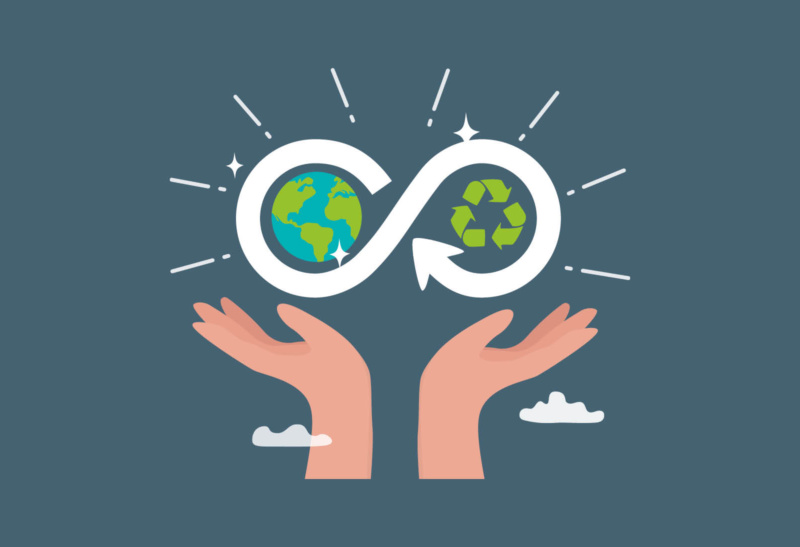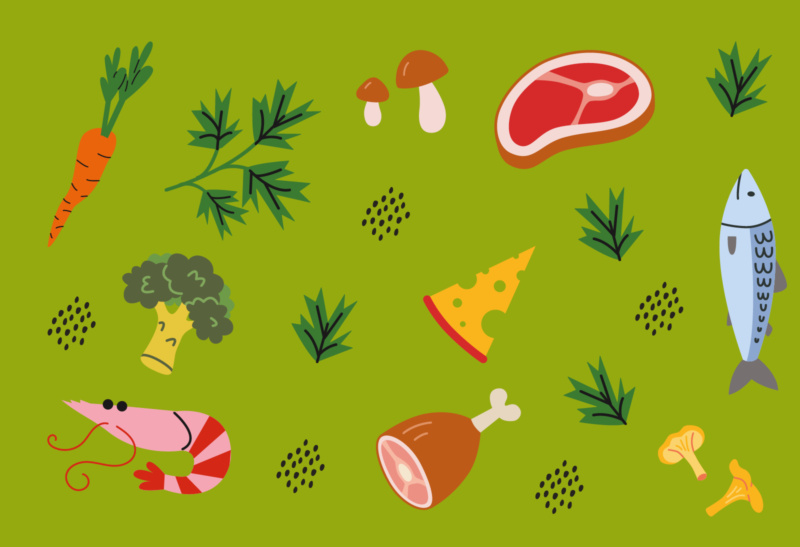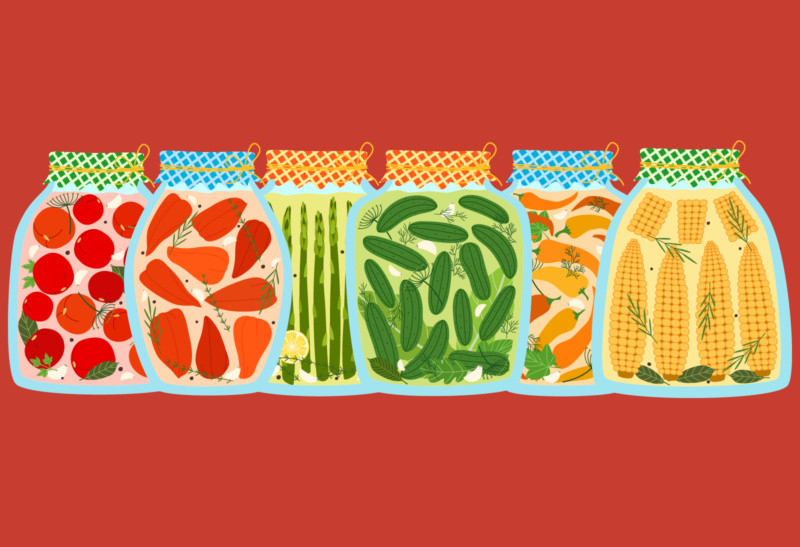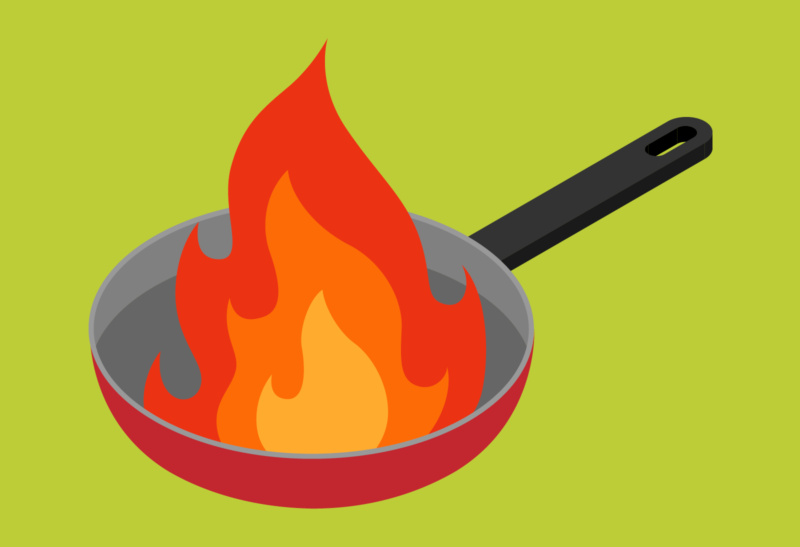In a time when lots of information is consumed in soundbites, it seems to me that what we believe is so powerful, as our beliefs drive our values, which in turn translate into actions. Life is so busy that we often resort to our ‘gut feeling’ to discern truth, as we haven’t got the time to do a deep dive or even fact-check.
This is definitely the case when it comes to sustainability, as many myths circulate, and it is, after all complex, as we have to be led by science, but this in itself is always evolving, so a commitment to constant learning, and a willingness to shift position, are key.
Not only this, but in the world of sustainability, things are rarely black and white – there are often many elements of truth mixed in with contradictions, so it can be easy to tune out and think that it’s all too complex. I get it – I buy food just like everyone else does, and it’s exhausting, unrealistic and unaffordable to try and make sure our food hits all the criteria I’d ideally like it to.
I’ve spoken to many people about food sustainability over the years, and examples of comments made to me that evidence this confusion described above are: “well, these pies are totally sustainable because a tractor delivers carrots direct to the factory!”, “UK beef has to be better than imported avocadoes!” and “well, it’s made with UK dairy so it’s local, natural and sustainable”.
There are elements of truth in all the above, depending on the criteria you’re using for evaluation – but the confusion arises because we all have different interpretations of what ‘sustainable sourcing’ means. For some, it means local, for others, it means a low carbon footprint, and for others, it’s about health and authenticity, and the list goes on. I’ve not even mentioned water, biodiversity, human rights, deforestation, etc.!
We’ve carried out some analytics on engagement with our sustainability report and found that people typically use the search function to dip into specific areas of interest; not many people digest it start to finish, so it’s clear that customers have their own priorities and want to understand more about specific subjects. (If this is you, look out for our next report, due out annually in November!)
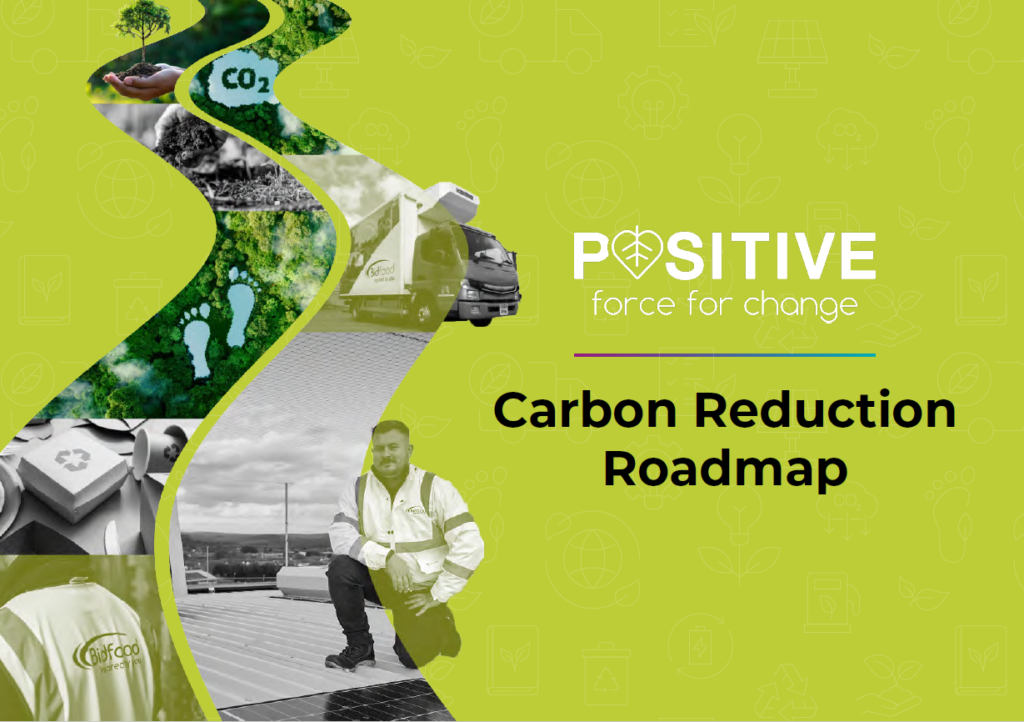
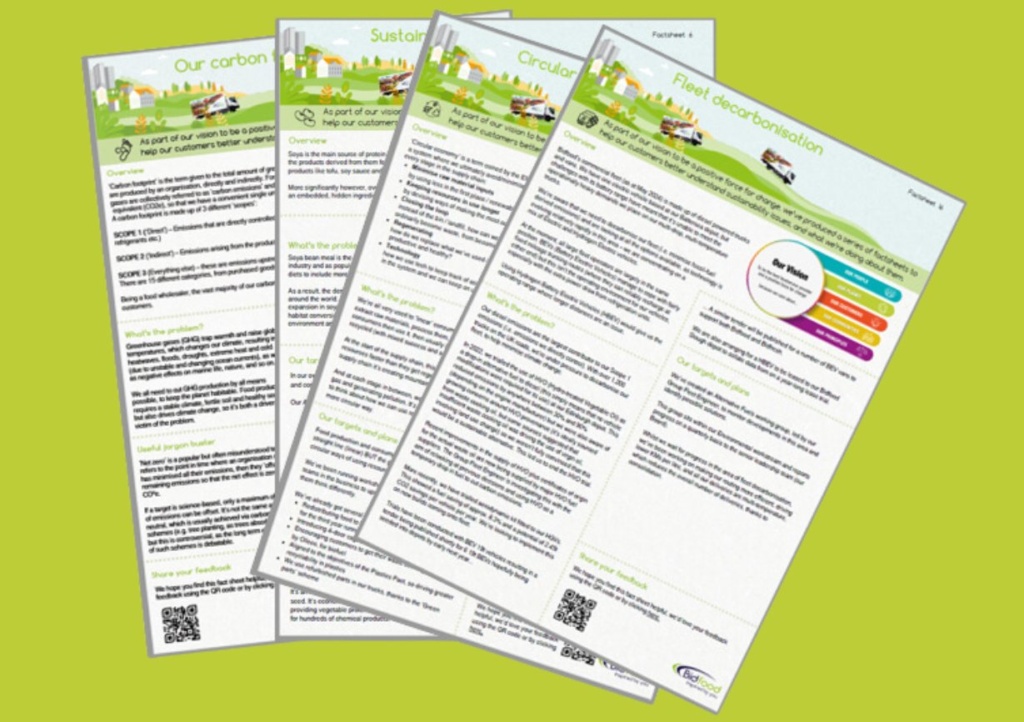
So in an attempt to simplify what all these specific ideas mean, and speed up access to getting the information you want, we’ve put together 16 ‘one-pager’ factsheets to try and explain core concepts of sustainability, what we’re doing in those areas to reduce impacts, and crucially, what actions foodservice outlets can take to do business more responsibly in that area. Subjects include carbon footprints, palm oil, food waste reduction, circular economy, and many more.
They’re freely available online at Bidfood sustainability factsheets – and we genuinely hope that they’ll give hospitality outlets some actionable tips on what they can do.
We also administer plate2planet – our LinkedIn group for sharing news, insights and tools for driving sustainability in foodservice. It’s free to join, and a great way to stay up to date, if you’re really interested in this area.
If you want to do a deeper dive on what we’re doing (and planning) in terms of cutting carbon emissions, check out our Carbon Reduction Roadmap – it explains our priority areas of focus as part of our target to reach our near-term and long-term milestones on the journey to net zero.
As part of our drive to share more information and knowledge, we’ll also be working on roadmaps in other areas (e.g. plastic and food waste reduction) to let customers know our objectives and priority focus areas.
Look out for these –follow us on our socials @BidfoodUK :
And finally, if you just prefer soundbites (but genuine ones!) then our sustainability homepage gives you all the headlines in a very simple format. Happy reading!
